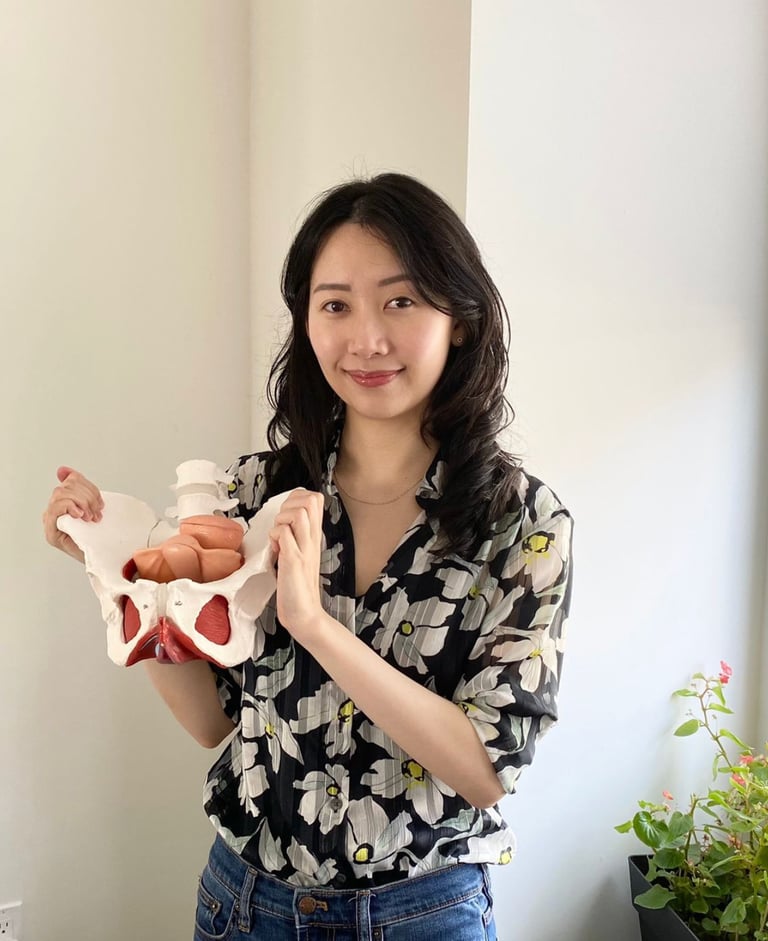Menopause Therapy
Helping women in perimenopause and post menopause thrive
What is Perimenopause & Postmenopause?
Perimenopause is the time when your body starts to change before your periods stop completely. It often begins in your 40s but some people may experience changes even starting in their mid-30s. During this time, your hormone levels go up and down, which can cause a variety of symptoms, such as:
Irregular or missed periods
Hot flashes or night sweats
Mood swings, anxiety, or irritability
Trouble sleeping
Fatigue or low energy
Brain fog or difficulty concentrating
Weight changes or bloating
Vaginal dryness or discomfort
Decreased sex drive
Breast tenderness
Joint or muscle aches
Postmenopause begins after you haven’t had a menstrual period for 12 months in a row. At this point, your hormone levels stay low, and you can no longer get pregnant naturally. Some symptoms may continue or appear for the first time, such as:
Ongoing hot flashes or night sweats (though often less intense)
Vaginal dryness or thinning
Discomfort or pain with sexual activity
Increased urinary urgency or leakage
Difficulty sleeping
Weight gain, especially around the belly
Thinning hair or dry skin
Lower bone density (risk of osteoporosis)
Changes in mood or memory
Both phases are a natural part of life, but the changes can feel challenging. With the right support — through movement, exercise, pelvic health therapy, mindfulness, and lifestyle strategies — it’s possible to feel more balanced, comfortable, and confident in your body.


How can you help me?
Queenie is passionate about women’s health and helping women 35+ thrive, despite the many changes that can come with perimenopause and post menopause. She takes a holistic mind-body approach to care — addressing the wide range of symptoms women may experience, while also focusing on prevention and long-term wellbeing so you can age gracefully and confidently.
Her menopause therapy includes, but is not limited to:
Lifestyle, self-care, and vulva/vaginal care guidance for perimenopause & menopause
Hot flash management strategies
Mental health support — strategies to improve mood, memory, and manage stress
Sleep optimization strategies
Pelvic floor therapy for vaginal discomfort, sexual dysfunction, or incontinence
Nutrition support to promote hormonal balance and energy
Personalized movement programs targeting joint and muscle pain
Weight training programs to support bone health (osteopenia/osteoporosis)
Balance training to prevent falls
Education on hormone therapy (HRT or non-HRT options) — to help you make informed choices about what’s right for you
If you’re experiencing changes related to perimenopause or menopause, you don’t have to navigate them alone. Click here to book an appointment today!
Note: If you have extended health coverage for physiotherapy, pelvic physiotherapy sessions will be covered. No referral is needed to see a physiotherapist, but some insurance companies may require a physician’s referral for reimbursement.


